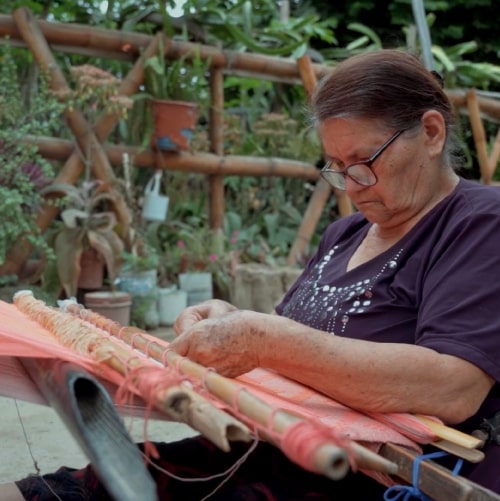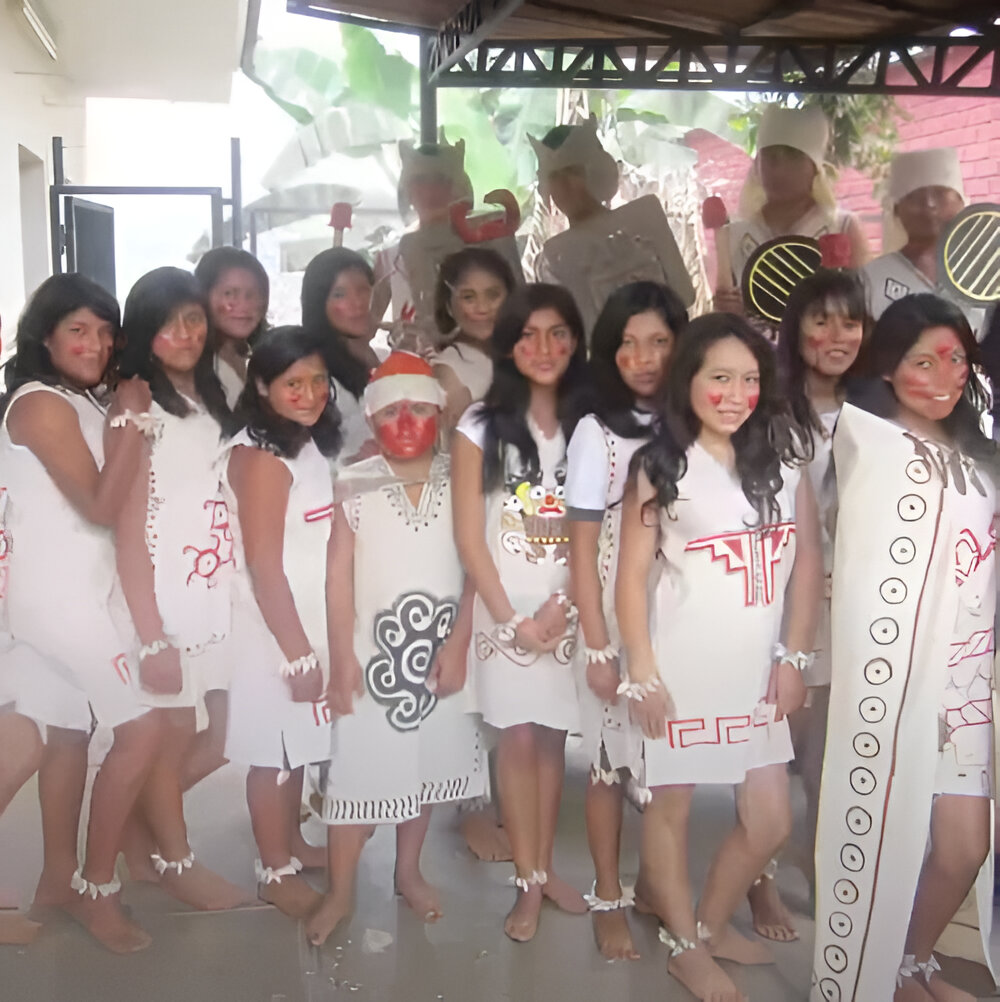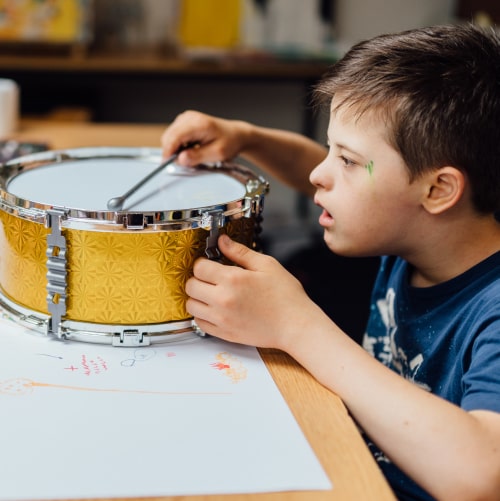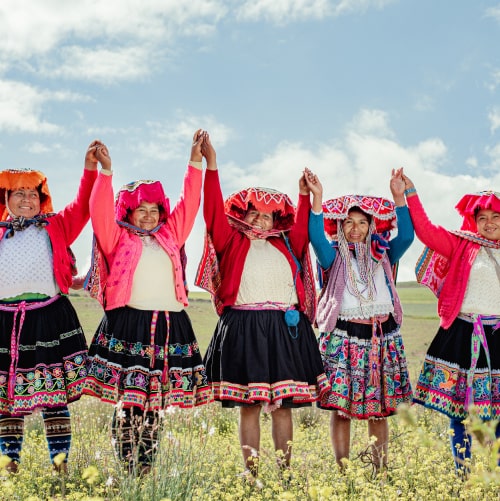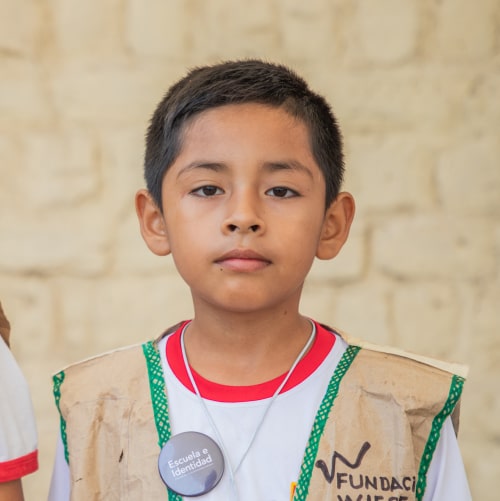- The Wiese Foundation, a non-profit organization, explains which sectors benefit most from social enterprises.
- The call for entries continues for the second edition of its “Entrepreneur Fund” program, which will grant financing worth S/150 thousand, training and professional advice to Peruvian social impact ventures.
For several years now, social entrepreneurship has been recognized by different leaders as a new way of doing business with impact, because it contributes to solving relevant social problems for the country, through market mechanisms.
It is worth noting that within Latin America the Peruvian entrepreneur differentiates him/herself by having creative ideas and managing innovation as the main factor to start a venture, as well as by identifying opportunities to get ahead despite the recent crises worldwide. So much so, that Peru is considered to be the fourth country in the world where more people have started a business, according to the report Entrepreneurs in times of inflation byIpsos 2022.
Moreover, according to the report of previous years of the Entrepreneur Fund program, four of the sectors where social entrepreneurship has been developing are the following:
- Sustainable fashion: without a doubt, Peruvian fashion is increasingly recognized thanks to cotton and the quality of its textiles. This sector is key to the economic development of the country and sustainable fashion is a very good alternative to see changes in favor of the environment, because the resources it uses are usually free of chemicals and/or conscious of the environment.
- Tourism: some ventures in this sector work together with local communities to offer unique experiential tourism to their visitors, sharing with them not only the natural landscapes of the place, but also their customs, know-how and way of life. In this way, they offer enjoyment and a more in-depth educational experience to their visitors. The income generated contributes both to the business objectives of the venture and to improve the quality of life of the families of the community members involved.
- Gastronomy: it is one of the sectors where social entrepreneurship has made inroads, involving the concept of social inclusion and incorporating various vulnerable communities in the production chain of their businesses. When these enterprises employ supplies from rural communities, they also contribute to the preservation of their ancestral practices for the cultivation of products and animal husbandry.
- Technology and innovation: social entrepreneurship has benefited from technology in a transversal way in all its sectors. Thus, there are currently technological developments for microfinance businesses, education, health, trade of products and services of all kinds that are offered online. The use of technology many times brings competitiveness to entrepreneurs at relatively low costs.

It is worth remembering that four years ago the Wiese Foundation was the first Peruvian foundation to create a comprehensive social innovation program: “we continue with our call for entries for the second edition of the “Entrepreneur Fund” program, through which we will finance Peruvian social enterprises with S/150 thousand, also providing them with training and professional accompaniment for 18 months.
We have noticed that we have many interested parties who have created their account, but do not complete the information of their companies in the application form. In order for your application to be evaluated, it is necessary to answer the eight-question sections of the form and click on the “send application” button, within the established deadline.”, says Ingrid Claudet, general manager of the Wiese Foundation.
To qualify for the program, the interested enterprises must (1) be private entities formed in Peru, (2) declare annual sales of at least S/25 thousand, (3) be oriented to their self-sustainability through a commercial activity (sales) and, above all, (4) demonstrate that they are capable of contributing to solving a social or environmental problem that affects a vulnerable community through their commercial success.
“We are aware of the urgent need to improve the level of educational quality that the country offers to its citizens and continue on the path towards inclusive and sustainable progress. Hence, in this edition we shall reward social enterprises that can accredit some kind of connection with the revalorization and preservation of our material and immaterial cultural heritage, with the support of UNESCO, UTEC Ventures and W Capital”, added Claudet.
More information about applying, requirements and benefits at www.fondoemprendedor.org
The call for entries is open!



